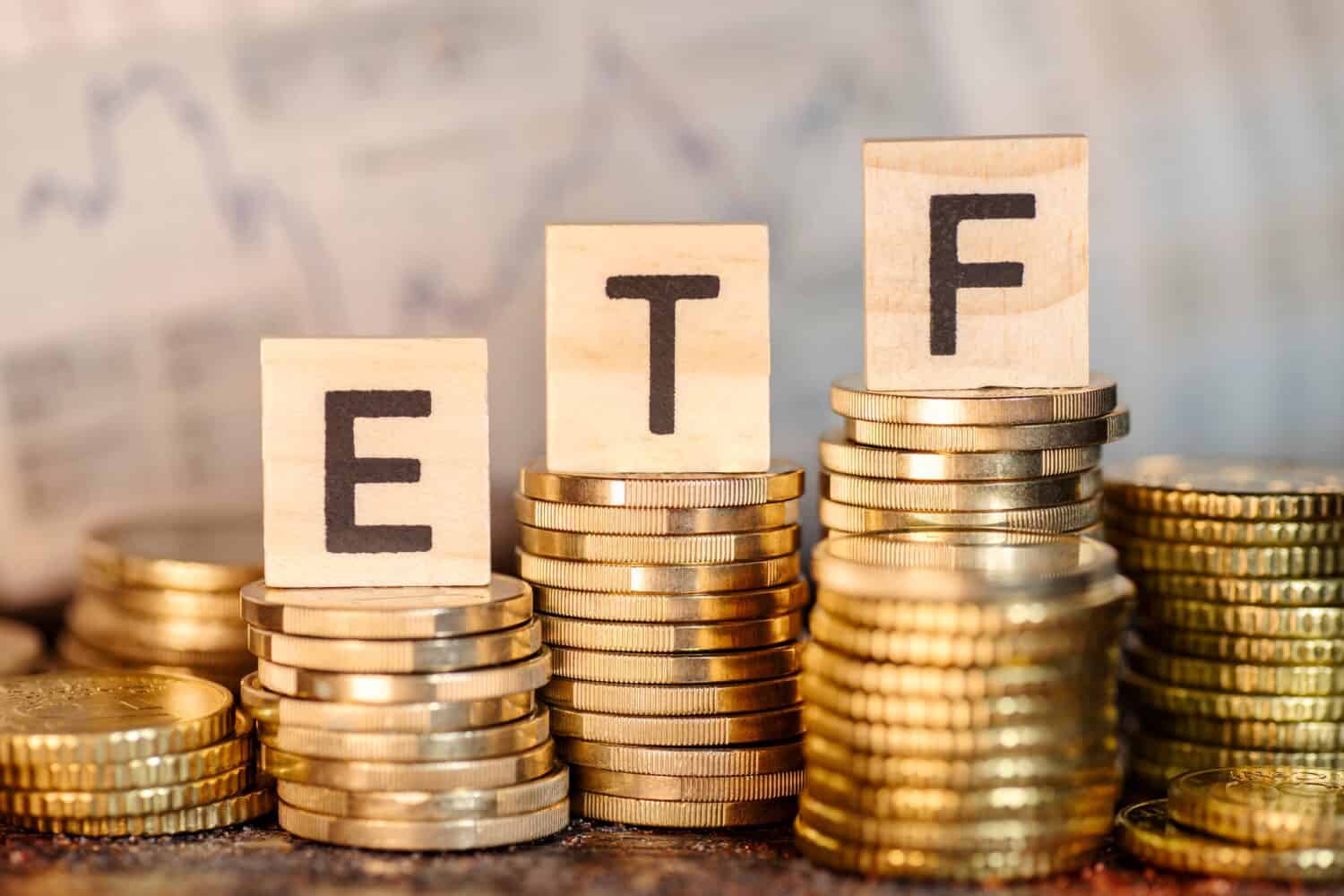
"To do so, many investors turn to dividend exchange-traded funds (ETFs). Rather than individually picking stocks, you can choose an ETF that invests in hundreds or even thousands of stocks. These funds are managed by seasoned investing professionals. And some specifically invest in stocks that pay dividends. These are regular payments that companies make to shareholders out of their profits. So you can think of them as bonuses in addition to any appreciation in the stock price."
"The Schwab U.S. Dividend Equity ETF (SCHD) is a very popular fund among dividend investors. SCHD invests in 80 high-quality companies in the Dow Jones U.S. Dividend 100 Index. The fund managers screen these companies for strong financials and consistent dividend payments. This can give your portfolio a certain degree of stability. Additionally, most of the companies it invests in are in energy, consumer staples and healthcare sectors."
"This means these companies are believed to remain stable even in times of economic turmoil. Its top holdings include Cisco ( NASDAQ:CSCO), PepsiCo ( NASDAQ:PEP) and Home Depot. Moreover, SCHD delivers a strong yield of about 3.90%. And it also stands out for its low expense ratio of 0.06%. Expense ratios are annual fees that can eat away at your savings. But the SCHD's expense ratio is among the lowest in the industry."
Dividend exchange-traded funds (ETFs) allow investors to access diversified portfolios of dividend-paying stocks managed by professionals, creating a stream of passive income. These ETFs can include hundreds or thousands of companies, reducing single-stock risk. Schwab U.S. Dividend Equity ETF (SCHD) focuses on 80 high-quality firms from the Dow Jones U.S. Dividend 100 Index, emphasizing strong financials and consistent dividends across defensive sectors such as energy, consumer staples and healthcare. SCHD's top holdings include Cisco, PepsiCo and Home Depot, with a yield around 3.90% and a low expense ratio of 0.06%, minimizing annual fees that erode returns.
Read at 24/7 Wall St.
Unable to calculate read time
Collection
[
|
...
]